I’ve never really understood those people who write off vegetarianism with excuses like “I love meat too much” or “I don’t think I could keep it up.” Don’t get me wrong – I get that it’s hard to give up a food you love, and that is a perfectly viable excuse not to go cold turkey (pun intended). I just don’t understand why people feel like they need to give up something 100 percent for it to make a difference.
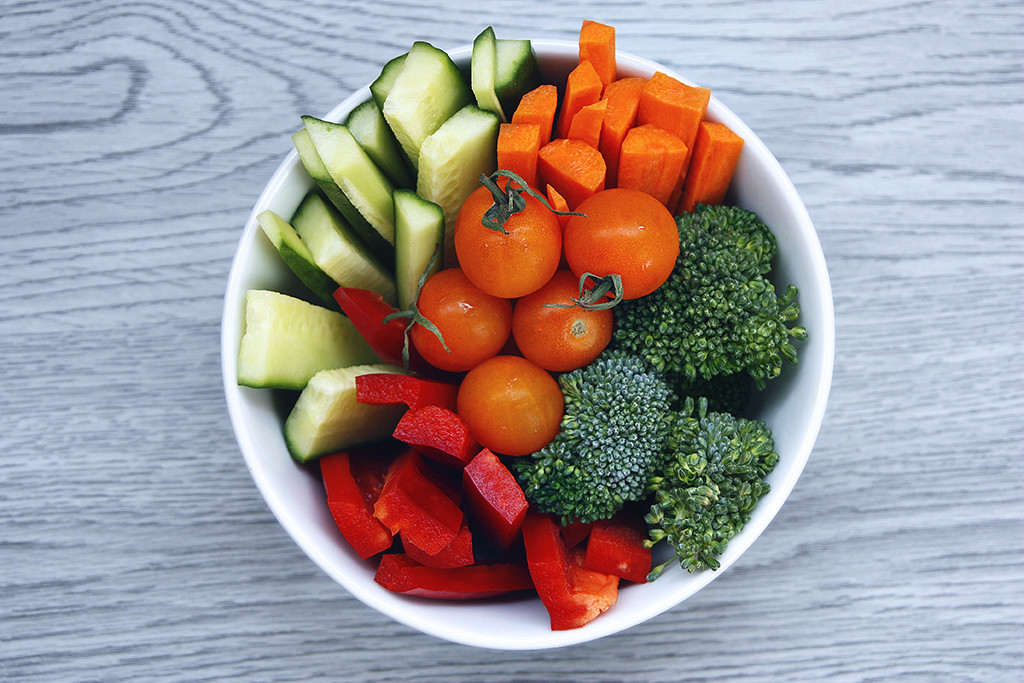
Photo by Christin Urso
I hope I’m not coming across as a holier-than-thou herbivore sent from Mother Earth herself to guilt you into joining my ways. Because seriously, I’m not. I don’t care if you’ve never consumed a fleck of meat in your entire life, and I don’t care if you eat braised ribs for every single meal of the day (although on second thought, that would be slightly alarming).
However, I often come across the notion that there is no utility to vegetarianism, veganism, or any other diet unless you commit to it strictly, never stray, and stay faithful every single moment of every single day. What bothers me is that people are discouraged from trying something difficult just because they don’t think they can do it. I don’t see why people feel the need to create strict labels like “vegetarian” or “vegan” that end up making people feel like they’ll fall short.
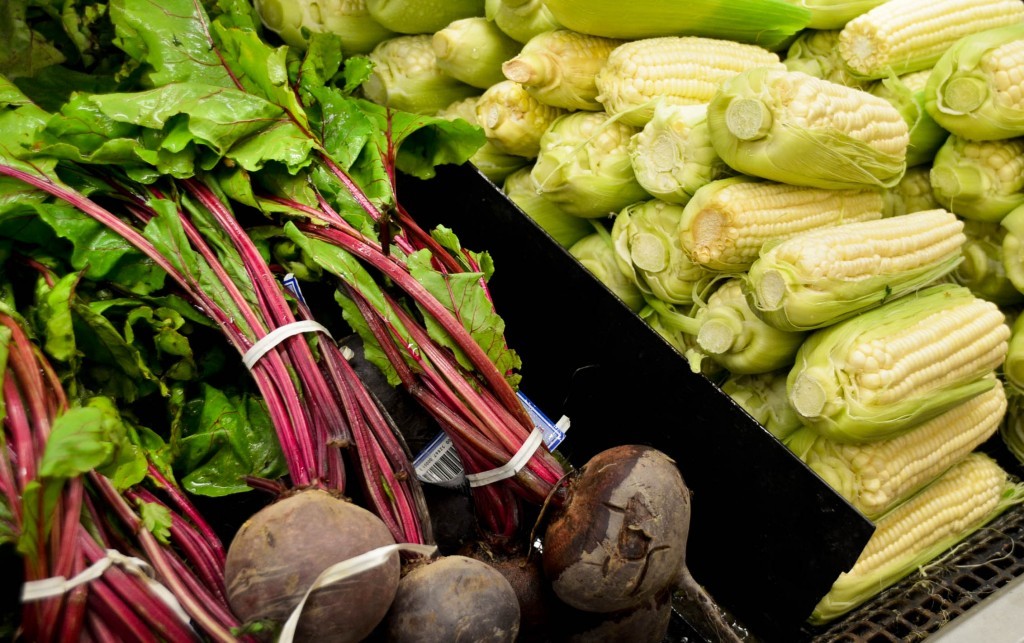
Photo by Jocelyn Hsu
There are plenty of reasons out there for deciding to cut animal products out of your diet. A lot of people don’t like the way animals are treated, or aren’t comfortable eating something that was once living. Some people decide to eat less meat for the health benefits, of which there are many; research by the U.S Department of Agriculture has shown that vegetarians fair better than the general population in terms of obesity, diabetes, high blood pressure, and tons of other indicators of good health. For me, and a lot of others out there, the main reason for changing my diet was the environment.
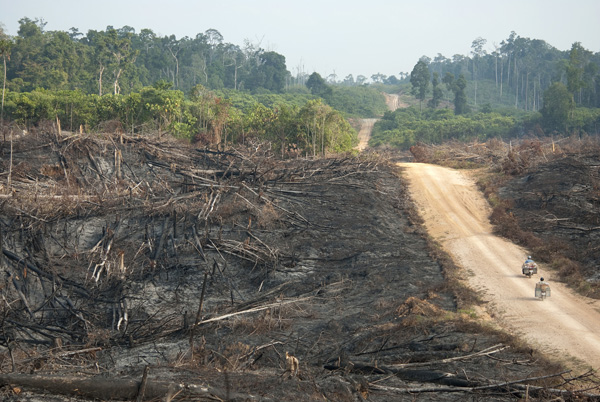
Photo courtesy of nature.org
Take the environmental motivation, for example. Vegetarianism is simply one partial solution to the major problem of sustainability. Another big one is saving electricity. Reducing our energy consumption is certainly important, but no one ever says, “Don’t ever use your lights!” Limiting how much electricity we use is just that – reducing. Why should eating animal products be any different?
I wish more people know about the impact that changes in diet can make even if they don’t completely cut meat or animal products out of their life. According to Environmental Defense, if everyone in America made one meal per week (seriously, that’s it) vegetarian that was usually made with chicken, the CO2 we’d save would be just as much as taking 500,000 cars off the roads. It’s literally that easy to make an enormous contribution.
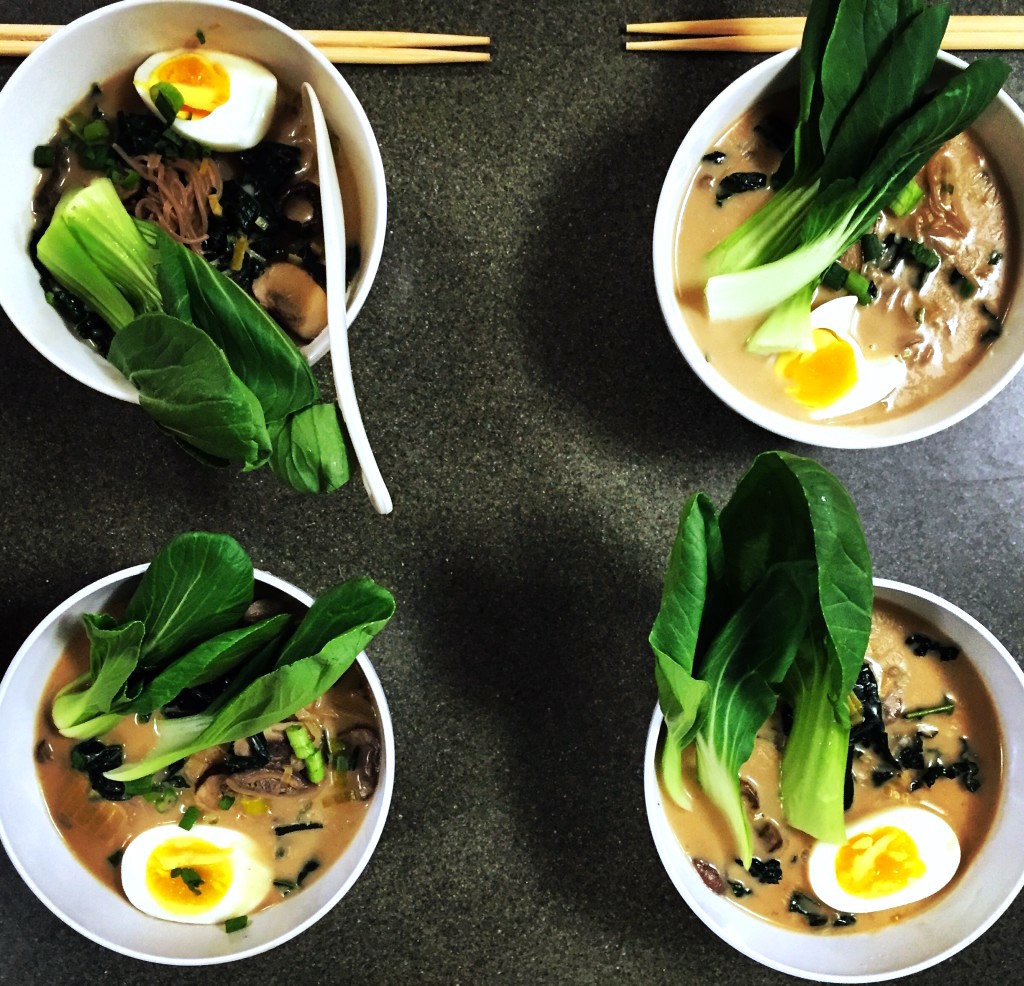
Photo by Emmanuel Storch
By continuing to use labels like “vegetarian” and “vegan,” we are perpetuating their relative rareness in society. These strict terms create a false all-or-nothing mentality that ends up turning people away from the idea of trying a humanitarian diet.
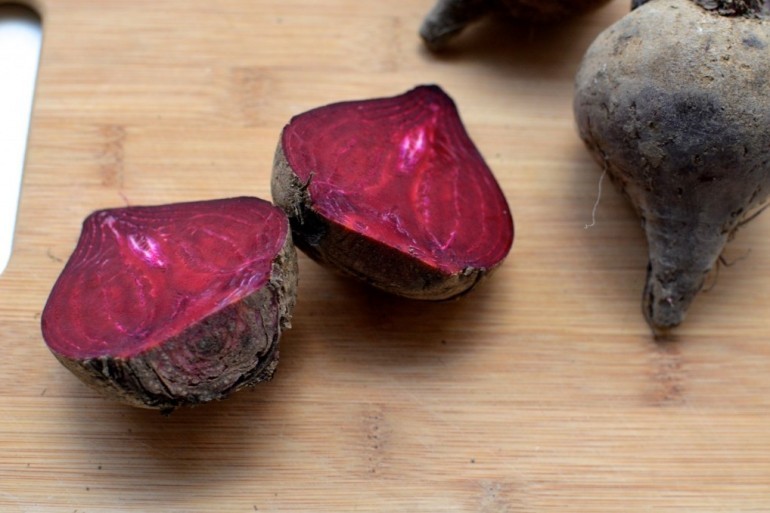
Photo by Margaret Weinberg
I’m not going to advocate for something super silly, like the elimination of these terms from Webster’s dictionary or something. But I do think people need to realize that you don’t have to be a vegetarian to help the environment. Still want to eat meat? That’s fair. Try replacing it with some of these recipes for a few days out of the week. Maybe later you’ll feel like transitioning to fully meatless meals more often.
There are plenty of ways to replace meat, like coconut bacon in this delicious recipe for pasta carbonara, and there are many ways to get the same protein benefits as eating meat in vegetarian foods.
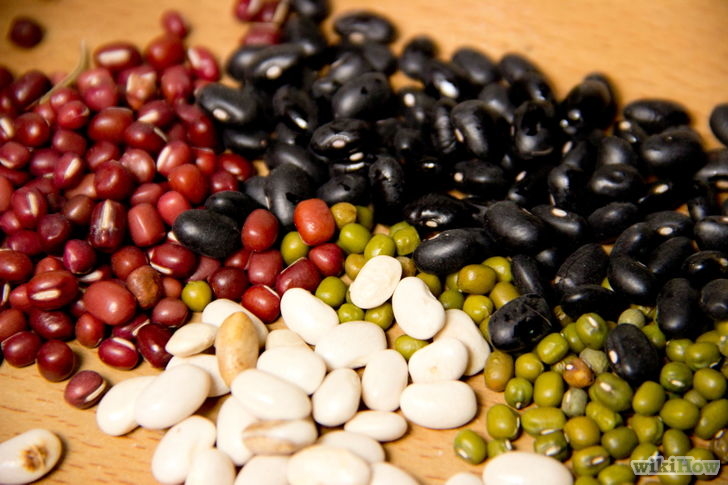
Photo courtesy of whstatic.com
So partial-vegetarians and semi-vegans out there, keep up the good work. Realize that you’re making a difference, even if it sometimes seems small. Give yourself a pat on the back. Definitely don’t adopt some elitist mentality against people who don’t commit to your diet fully. Recognize that limiting animal products even just a little bit is a rewarding challenge. And to all you carnivores, don’t get discouraged by strict terms that make you feel like you can’t even try a vegetable meal for fear you won’t be able to keep it up.


